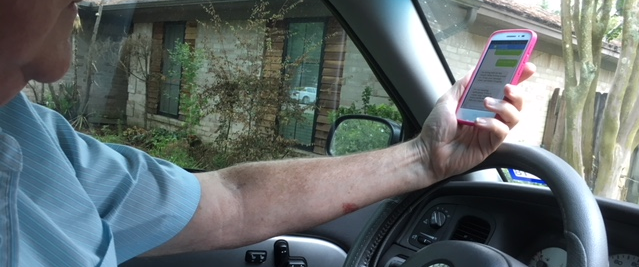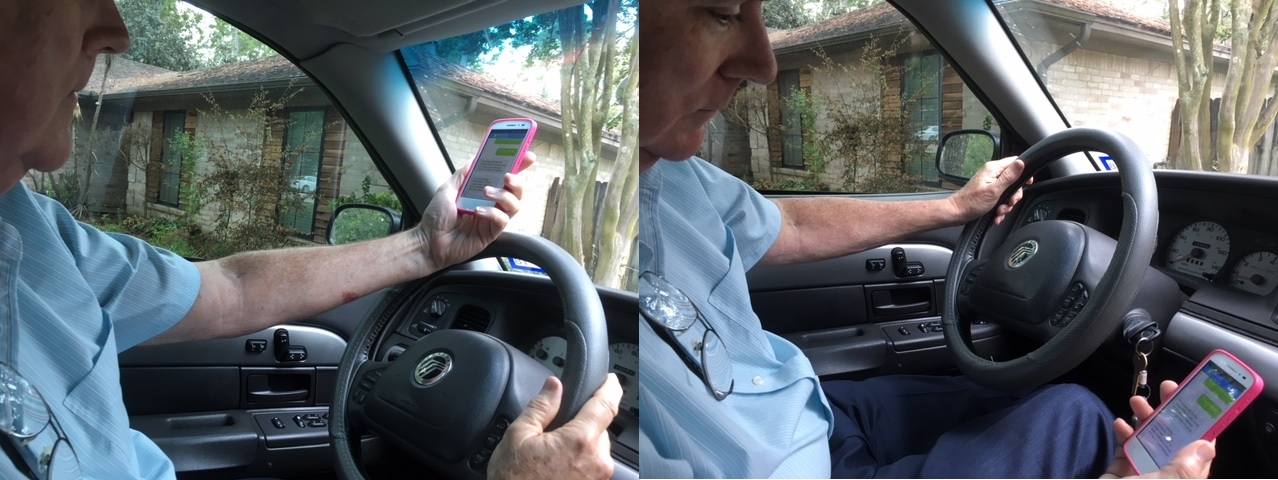
The Law of Unintended Consequences in Oilfield Decommissioning
An unwritten law of societies familiar to most people is the Law of Unintended Consequences. Simply put, it describes the tendency of our best-laid plans to somehow go awry, ending up with results – consequences – that are completely different than the results we intended. In some cases, the actual results are exactly opposite from those intended.
History is full of examples of this ‘law.’ The most famous cases usually occur when the unintended consequences turn out badly; however, there are many cases where unintended consequences ended up as positives. In many cases we love to observe our beloved governments passing laws or regulations that end up fulfilling the Law of Unintended Consequences – let’s call it “LOUC” here in order to save space.
Why is the LOUC so universal, and so common? Partly to blame is the fact that when we plan, we simply cannot see the future clearly enough to predict all of the permutations of what our action will accomplish – good or bad. Another sublime cause is the ability of humans to figure out ways, in all situations, of making life easier on themselves. There are a million ways in which human beings have manipulated the actions of authorities to their advantage, causing Unintended Consequences for the authorities.
A couple of famous examples of negative LOUC:
- In India, the big cities had the problem of dangerous snake infestations that endangered the populace. The government implemented a program such that anyone who found a snake could turn it into the authorities for cash. (Remember the ability of humans to turn situations to their favor?) The citizens soon found out that one could make a profit if a snake was raised in captivity, then turned in as being dangerous. So, a black market in snakes emerged in Indian cities.
The Indian government then canceled the program, thus creating the LOUC: People who had been raising snakes for profit, faced with the loss of their easy money, let their snakes go. The LOUC in this case? There ended up being even more dangerous snakes in Indian cities than when the program was started.
- In the United States, laws have been passed in many regions to penalize texting while driving. This is a good initiative, but it has its own LOUC. While the rate of automobile texting has indeed generally gone down, the rate of traffic deaths caused by texting has actually gone up. In other words, accidents may happen less, but the accidents that do happen tend to kill more people.
The reason for this is related to human behavior once again. Before the penalties, people would hold the phone up above the steering wheel so that the phone was at least in their field of view while driving. However, once penalties became common, people now hold their phones down in their laps, away from the driver’s field of vision, trying to avoid getting caught. Now the distraction caused by the phone is much more dramatic, resulting in a more severe accident.
There are some examples of ‘good LOUC’ as well:
- Aspirin was invented as a simple pain reliever, back in the day. Nowadays it is used for many preventive applications such as avoidance of strokes, arthritis relief, and easing some heart conditions.
- A German industrialist named Haber invented a process to take Nitrogen out of the atmosphere for use in war ammunition. While the intent here could be called evil, this process, with evolution and improvements, now helps supply half the world with fertilizer.
Well, we’ve used up half a blog and have not mentioned anything of interest to the oilfield. So, why and how does the LOUC pertain to oilfield decommissioning?
Before we look at that, let’s look at the attitude of a stereotypical party, who is not connected to or knowledgeable about the oilfield, toward offshore oilfield structures and other installations. Caveat: Generalizations are hard to pull off in this day and age. Certainly not everyone in the general population thinks like this, but one should be able to admit that there is a significant portion of the public who may have attitudes similar to this:
“Well, I guess that those platforms and rigs and things are needed, but it seems to me that they are old, and rusty, and probably leak oil. And, the oil bosses say they are expensive and all, but I really don’t think that gas should be over $3 a gallon no matter what they say. It’s their greed that makes them run these platforms into the ground and they should have to clean them up. And, if you gave me truth serum, I’d say that if cleaning them up and leaving the seabed scrubbed clean is good, then cleaning it up 3 times is better. I mean, with all those windfall profits they make, it’s not only the right thing to do, it’s the penalty they ought to pay. And, tell me why could it be worthwhile at all to do anything else BUT clean up all those old leaky rusty buckets of bolts?”
Again, the oilfield has many supporters out there. And people wake up all the time to the fact that we’ve gotten so much more responsible over the years. But one would have to admit that this kind of thinking still exists, and in sufficient numbers as to constitute a legitimate public relations problem. No, let’s call it a Public Education problem.
So, about the LOUC and isn’t that why we’re here? What does it matter how a person in Middle America thinks? Here‘s why:
The Law of Unintended Consequences applies to the offshore oilfield, too, in a way that can turn public perception on its head. This LOUC involves the fundamental thinking behind everything we do in decommissioning, and if properly presented to the public, can result in a win-win-win scenario for oilfield decommissioning: Decommissioning that improves late life economics, while at the same time proving to be the best thing for the Environment, and improving our relationship with those in the public that do not believe in us.
Want to know more? Please return in a week to see the dramatic results of the LOUC on offshore decommissioning.

Keith Caulfield
Operations Advisor
Keith Caulfield is known as “The Finisher” because he never misses a deadline. His career includes design experience in offshore and deepsea structures, pressure vessels, and oilfield mechanical engineering, such as subsea wellheads and subsea trees. He is named on four US patents or patents…

